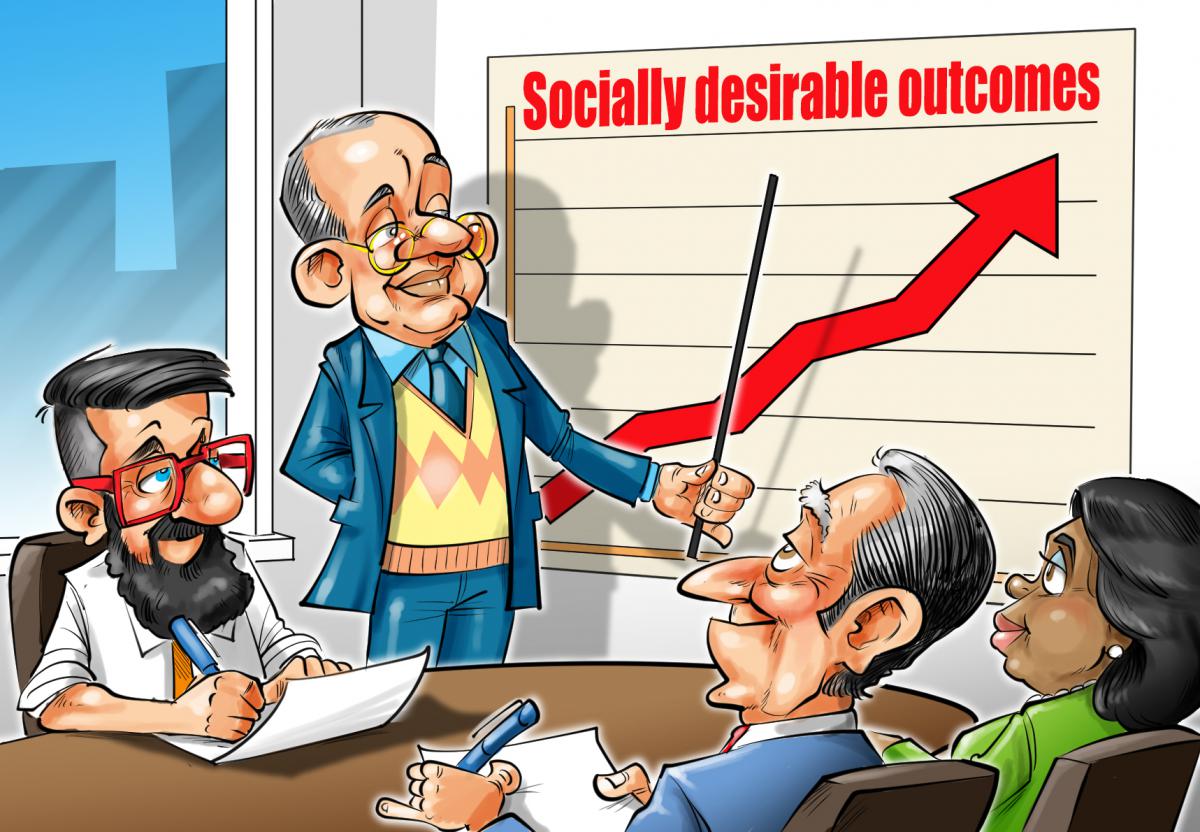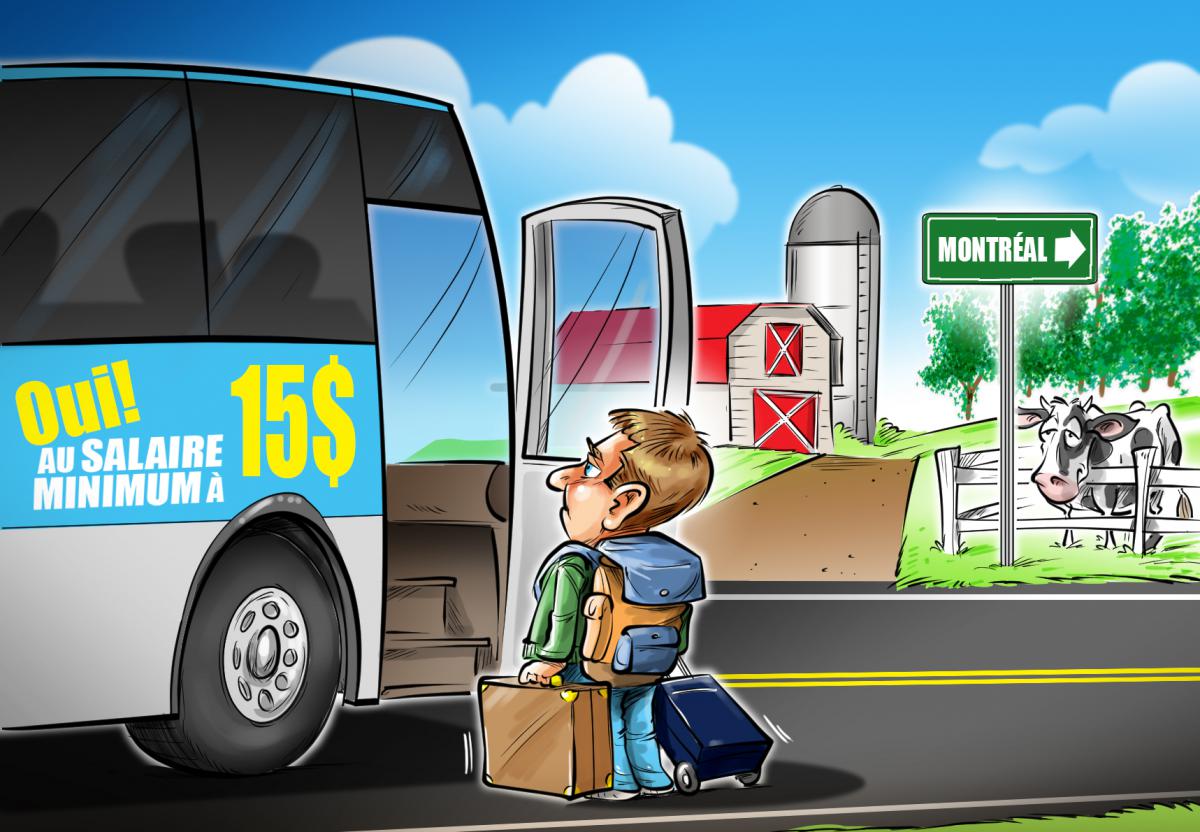
7-minute read
Viewpoint – Why Ottawa Should Respect Provincial Jurisdiction over Health Care
Since last fall, the Canadian health care system has once again become a source of bickering. The federal government, which is a significant funder of the provinces’ health programs, wants to limit the rate of increase of its transfers and force provinces to spend on specific areas like mental health and home care. The territories and certain provinces have bowed to pressure from Ottawa, but four of the five most populous provinces are still refusing the federal offer. While it is political in nature, economic analysis of this conflict can provide some useful insights.

7-minute read
Viewpoint – Should Small Business Investments Be Permitted in a TFSA?
Created in 2009, Tax-Free Savings Accounts (TFSAs) provide a flexible savings option. But TFSA rules forget about small businesses, shows an MEI Viewpoint published today suggesting that the category of qualified investments be expanded. Large corporations are already well-served by various investment vehicles; it is now time to think of small companies as well. Tax-Free Savings Accounts are the perfect tool for this.

10-minute read
How Should Corporate Social Responsibility and Sustainability Be Defined?
Corporate social responsibility and sustainability are two widely used concepts. Corporate and government actions are partly judged according to them. Activists, politicians, and corporate leaders use them. But what exactly do they mean? Are they compatible with efficient management in a free society? To what extent are they even useful? This Economic Note will shed some light on these questions.

7-minute read
Viewpoint – Is President Trump a Threat to Canada’s Auto Industry?
Donald Trump’s recent statements regarding the investments of auto industry giants and vehicle imports from Mexico have created significant uncertainty in Canada. His threat to impose tariffs at the U.S.-Mexico border to protect the American auto industry raises the possibility that Canada might also be affected by such a measure. If this were to happen, the economic consequences could be very harmful for both Americans and Canadians, since after half a century of trade liberalization, the two countries’ automotive industries are now completely integrated.

7-minute read
Viewpoint – Sales Taxes and Tax Competition
At the start of its mandate, the sitting Quebec government envisioned a profound reform of the tax system in Quebec that would stimulate economic growth by minimizing the impact of the tax burden, but without reducing government revenues. The main recommendations of the Godbout Report which resulted from this initiative were never implemented, however, despite a favourable reception on the part of Finance Minister Carlos Leitão.

11-minute read
Would a $15 Minimum Wage Accelerate the Rural Exodus?
A strike of fast food restaurant employees in New York in 2012 gave birth to a movement demanding a substantial increase of the minimum wage in the United States, calling for it to rise to $15 an hour. Since then, several cities and states have established timelines for raising the minimum wage to that symbolic threshold. In Quebec, the major labour unions have taken up the charge, along with the symbolic $15 target.

14-minute read
Which Is the Greater Threat to Privacy, Business or Government?
In the debate over the collection, sharing, and use of personal information, there exists a widespread prejudice according to which companies are less respectful of citizens’ privacy than governments are. Yet companies universally operate by means of mutual consent, whereas governments very rarely ask those concerned for permission to access their information.

7-minute read
Entrepreneurship and Economic Freedom: An Analysis of Empirical Studies
Entrepreneurship is one of the main engines of the economy. Entrepreneurs invest, create jobs, and help increase the standard of living of all. This Research Paper looks at the empirical connection between entrepreneurship and economic freedom. If there is a positive correlation between these two variables, then public policies aiming to support business creation must take this fact into account.

7-minute read
Viewpoint – Do Low Interest Rates Justify Deeper Deficits?
The federal deficit is rising, far beyond the $10 billion projected in the Liberal platform. It is widely repeated that now is a good time to borrow since interest rates are very low. Those who use this argument to justify borrowing forget that interest charges are not the only cost associated with deficits. This Viewpoint presents five alternative ways of thinking about the cost of deficits and infrastructure spending.

8-minute read
Quebec’s Forest Regimes: Lessons for a Return to Prosperity
Over time, the Quebec government has modified, on several occasions, the forest regime that governs the activities of the forestry industry. This Research Paper reviews the history of the forest concessions regime, the TSFMA regime, and the main events that influenced the new 2013 forest regime. It also proposes reforms inspired by the positive aspects of the former regimes and of practices that prevail elsewhere.

